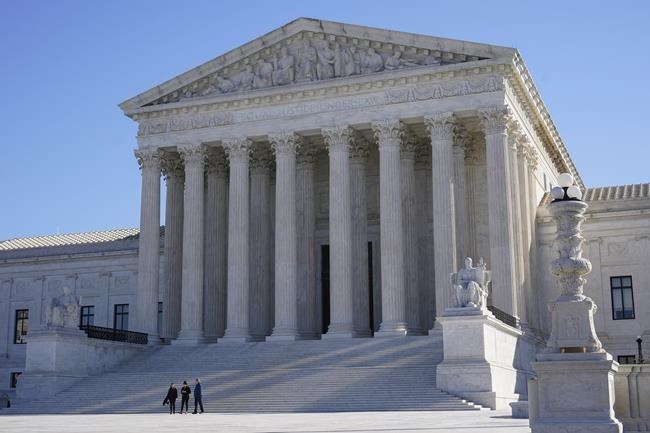WASHINGTON (AP) — The Supreme Court has agreed to hear a new clash involving religion and the rights of LGBT people.
The high court said Tuesday it would hear the case of Colorado-based web designer Lorie Smith. Smith offers graphic and website design services and wants to expand to wedding website services, but she says her religious beliefs would lead her to decline any request from a same-sex couple to design a wedding website. She also wants to post a statement on her website about her beliefs, but that would run afoul of . Smith had argued the law violates her free speech and religious rights.
The Supreme Court said in taking the case, however, that it would look only at the free speech issue. It said it would decide whether a law that requires an artist to speak or stay silent violates the free speech clause of the First Amendment. The case is expected to be argued in the fall.
In a 2-1 ruling last year, the Denver-based 10th U.S. Circuit Court of Appeals to overturn a lower court ruling throwing out her legal challenge. The panel said Colorado had a compelling interest in protecting the “dignity interests” of members of marginalized groups through its law, the Colorado Anti-Discrimination Act.
The law, which prohibits discrimination on the basis of sexual orientation, is the same one at issue in the case of Colorado baker Jack Phillips that was decided in 2018 by the U.S. Supreme Court.
The high court said at the time that the Colorado Civil Rights Commission had acted with anti-religious bias against Phillips after he refused to bake a cake for two men who were getting married. But it did not rule on the larger issue of whether a business can invoke religious objections to refuse service to LGBTQ people.
Both Smith and Phillips were represented by the Arizona-based Alliance Defending Freedom.
Jessica Gresko, The Associated Press


